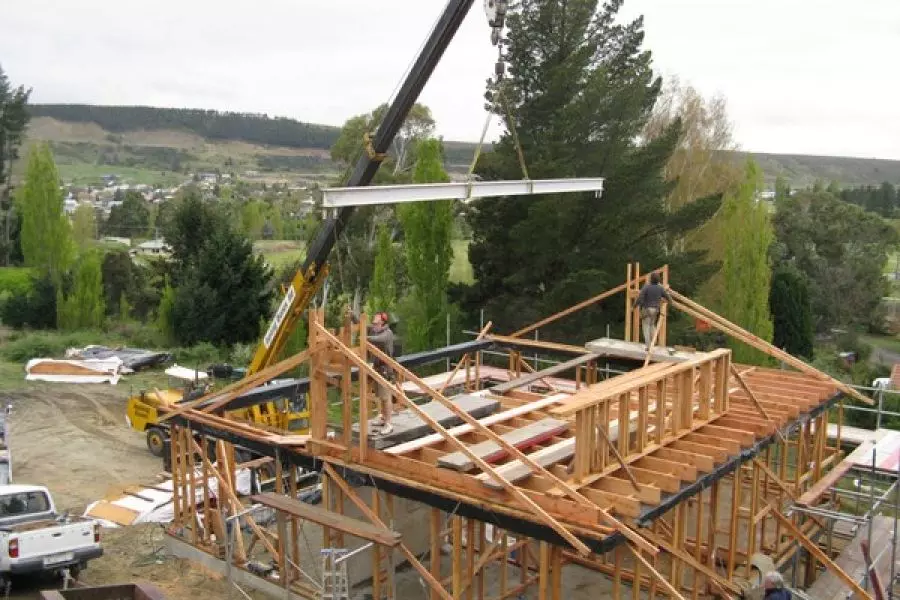News
Restrict investors to new builds – Property Institute

Monday 12th of September 2016
However, Property Institute chief executive Ashley Church said property investment is a good thing – it’s just that it’s being directed into the wrong places.
In his view, a crucial element in solving Auckland’s housing market issues, including house price inflation, is encouraging investors towards new builds.
“Currently, 42% of properties in Auckl...
Want to read the full article?
Click the button below to subscribe and will have unlimited access to full article and all other articles on the site.






![[The Wrap] Bye Bye Bayly](https://goodreturns.publit.io/file/c_fill,w_900,h_600/39f23ac1-f7c7-4854-b700-a150004ebbac.webp)


